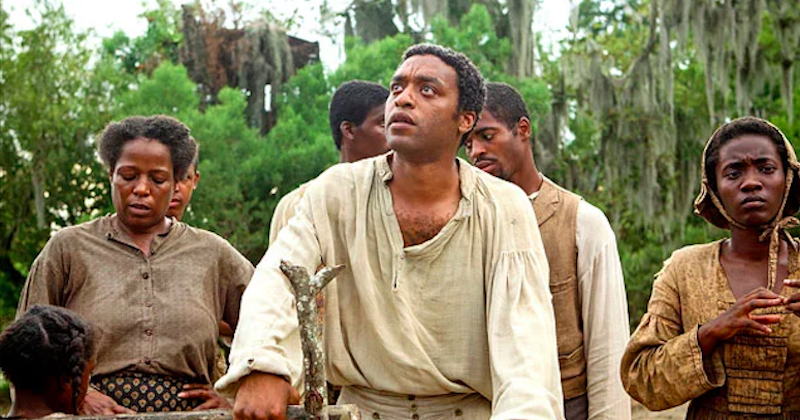On the Long Tradition of the Imitative Performance of Blackness
Share
Explore Our Galleries
Breaking News!
Today's news and culture by Black and other reporters in the Black and mainstream media.
Ways to Support ABHM?
Ayanna Thompson Considers the History of Minstrelsy, Racial Tropes, and the White Gaze

By Ayanna Thompson, Lithub
In Shakespeare’s lifetime, blackness was performed in two modes—exhibition (black people on display) and imitation (white men in racial prosthetics). Because in the exhibition mode all the power resided in the viewer (not the one exhibited), and because in the imitation mode all the power resided in the white, blacked-up performer, performances of blackness were a white performance property for actors and audiences.
In the 19th century, blackness and whiteness were performed by black actors for the first time in the United States and the United Kingdom, and their performances challenged the long-standing assumptions that (1) blackness was a white performance property and (2) only white actors could be virtuoso performers. These early 19th-century black performers were denigrated by white critics, white audiences, and their fellow white actors for “aping” white performance modes. The criticisms these black actors faced told them to stay in their lane, a lane which indicated they were only fit for imitation and “aping.”
In the 21st century, it is possible to see the legacy of these unequal horizons of expectations for black performers in three distinct performance modes: minstrelsy/imitation, exhibition/trauma, and anxiety/authenticity…
Read the full article here
Learn more about Blackface here and here
More Breaking News here.









Comments Are Welcome
Note: We moderate submissions in order to create a space for meaningful dialogue, a space where museum visitors – adults and youth –– can exchange informed, thoughtful, and relevant comments that add value to our exhibits.
Racial slurs, personal attacks, obscenity, profanity, and SHOUTING do not meet the above standard. Such comments are posted in the exhibit Hateful Speech. Commercial promotions, impersonations, and incoherent comments likewise fail to meet our goals, so will not be posted. Submissions longer than 120 words will be shortened.
See our full Comments Policy here.